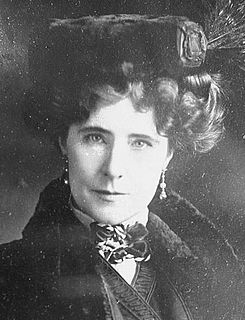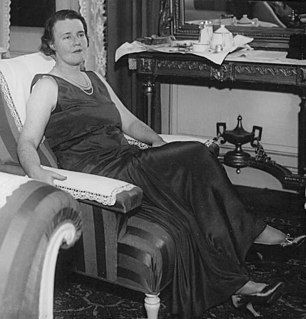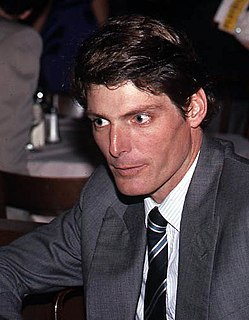A Quote by James Cash Penney
Success in business does not depend upon genius. Any young man of ordinary intelligence who is normally sound and not afraid to work should succeed in spite of obstacles and handicaps if he plays the game fairly and keeps everlastingly at it.
Related Quotes
There are two kinds of success. One is the rare kind that comes to the person who has the power to do what no one else has the power to do. That is genius. But the average person who wins what we call success is not a genius. That person is a man or woman who has merely the ordinary qualities that they share with their fellows, but has developed those ordinary qualities to a more than ordinary degree.
When you are starting a business or going down any challenging endeavor, you are bound to encounter challenges. You are going to hit many roadblocks and obstacles. These are obstacles that would make any sane person want to throw in the towel and quit. If you want your business to succeed, you can’t do that (duh).
We're just afraid, period. Our fear is free-floating. We're afraid this isn't the right relationship or we're afraid it is. We're afraid they won't like us or we're afraid they will. We're afraid of failure or we're afraid of success. We're afraid of dying young or we're afraid of growing old. We're more afraid of life than we are of death.
When an old man and a young man work together, it can make an ugly sight or a pretty one, depending on who's in charge. If the young man's in charge or won't let the old man take over, the young man's brute strength becomes destructive and inefficient, and the old man's intelligence, out of frustration, grows cruel and inefficient. Sometimes the old man forgets that he is old and tries to compete with the young man's strength, and then it's a sad sight. Or the young man forgets that he is young and argues with the old man about how to do the work, and that's a sad sight, too.
Ultimately, what separates a winner from a loser at the grandmaster level is the willingness to do the unthinkable. A brilliant strategy is, certainly, a matter of intelligence, but intelligence without audaciousness is not enough. Given the opportunity, I must have the guts to explode the game, to upend my opponent's thinking and, in so doing, unnerve him. So it is in business: One does not succeed by sticking to convention. When your opponent can easily anticipate every move you make, your strategy deteriorates and becomes commoditized.
I got into dialogue because my parents began taking me to see plays from when I was very young. Too young, often, to understand the play I was watching: Who's Afraid Of Virginia Woolf when I was nine years old; That Championship Season when I was ten years old. But I loved the sound of dialogue; it sounded like music to me and I wanted to imitate that sound.

































